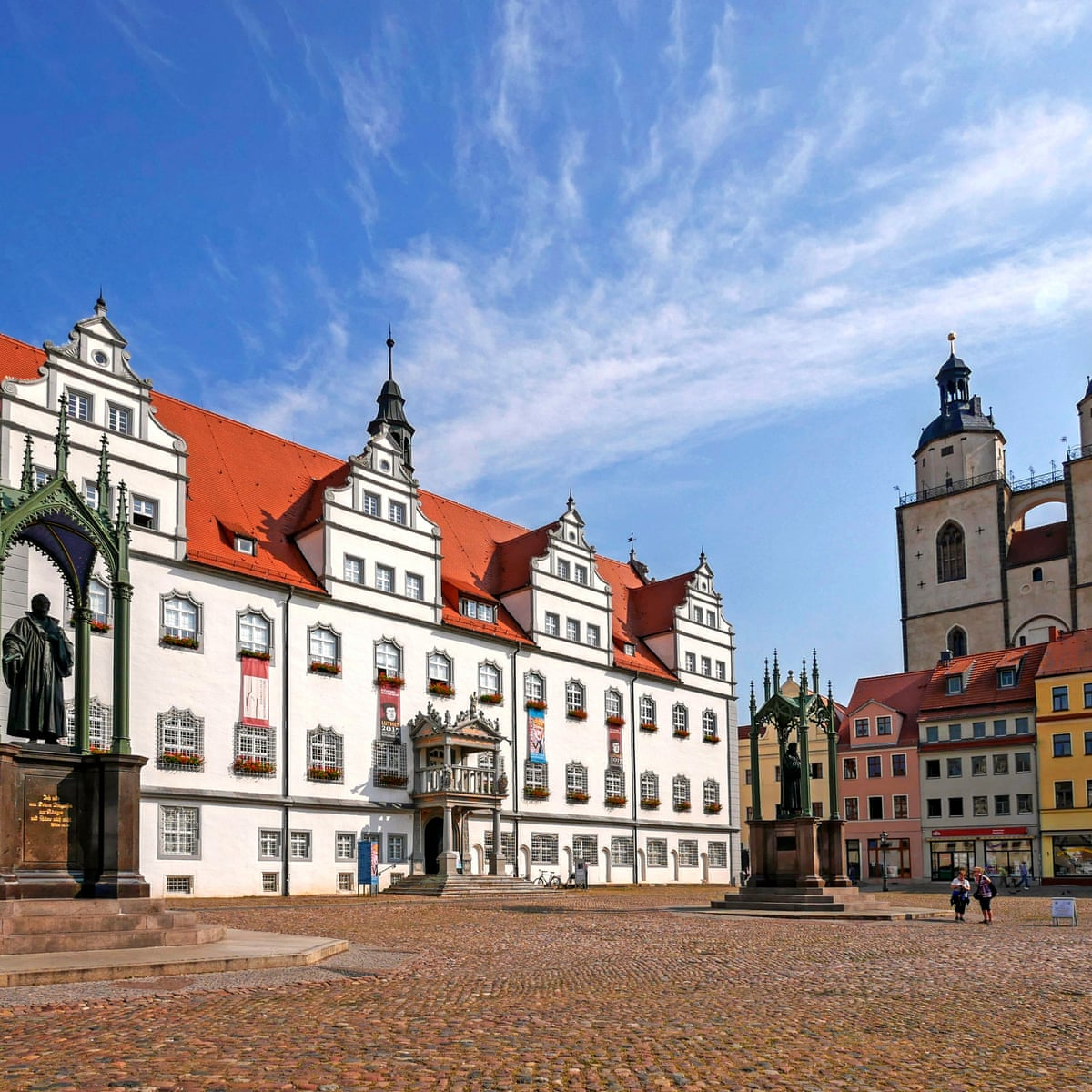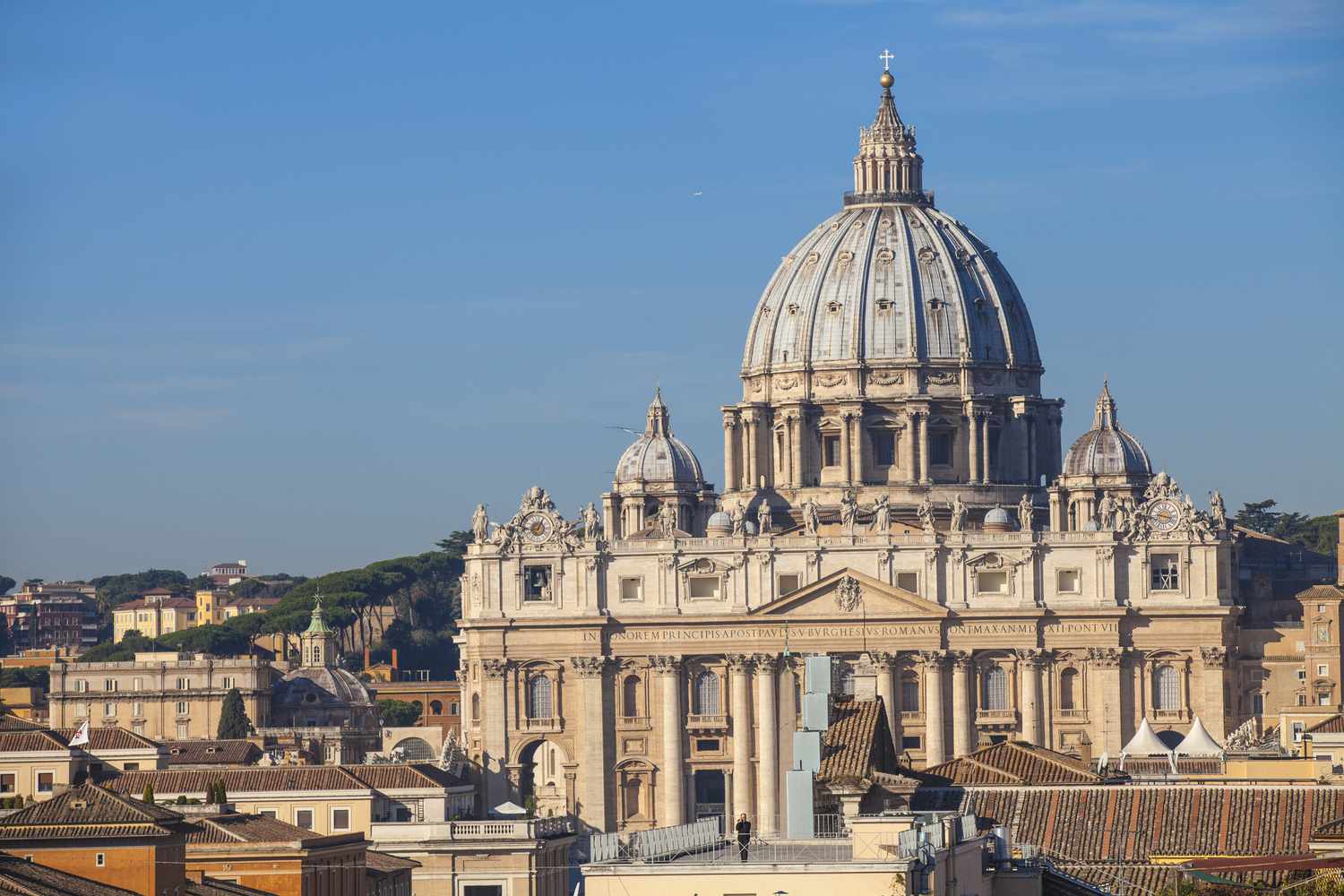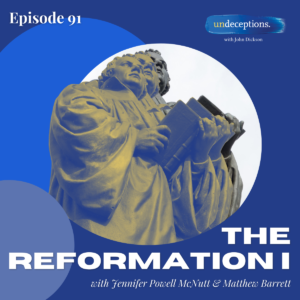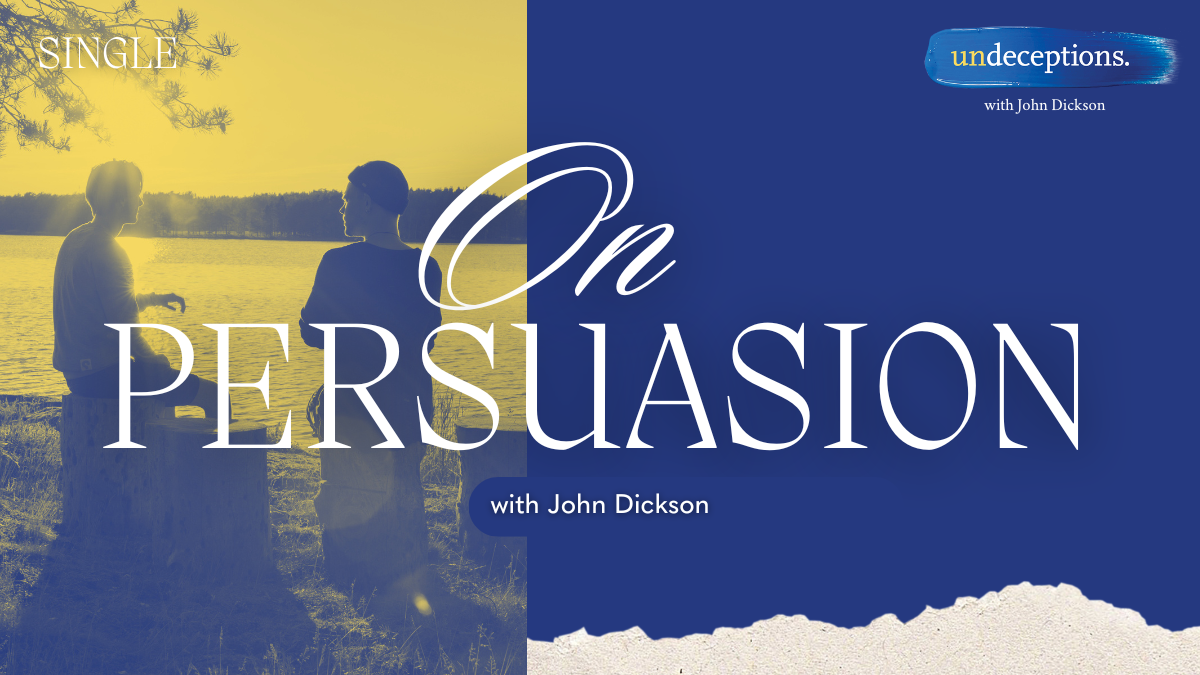On 31st October 1517, a young friar by the name of Martin Luther nailed his Ninety-five Theses against papal indulgences, (the atonement of sins through monetary payment), to the door of a church in Wittenberg, a back-water town of Germany.
For Luther, selling indulgences for the sake of salvation was simply too much, and signified a need for the Catholic church – already mired in corruption – to return to its core beliefs; salvation by grace, received through faith
Luther didn’t want to tear down the Catholic church – he rather wanted to restore it.
His Ninety-five Theses however did quite the opposite and kickstarted the protestant reformation, a religious upheaval that would tear Europe apart, create new city-states, fuel countless wars and – ultimately – result in a deep schism between Protestants and Roman Catholics.
The story of the reformation has been told countless times – in fact, the Undeceptions podcast is right in the middle of a mammoth two-part series covering its complicated history.
Nowadays, the work of the reformers is viewed with a mixture of admiration and contention. On the one hand, the reformation signified a renewed emphasis on Biblical teaching within churches and exposed the terminal problems within the papacy.
On the other though, it sowed seeds of division and even suspicion toward the message of the Bible.
Whatever your take on these events 500 years ago, it’s worth pausing and casting a critical eye over where Western Europe found itself on the eve of Luther’s document that changed the world.
Luther didn’t want to tear down the Catholic church – he rather wanted to restore it.
This excellent video from Simple History is a great starting point to understanding day-to-day life in Luther’s time
Fear, trembling, and two schools of thought
The 16th century was a time of great upheaval for Western Europe.
Despite the renaissance ushering in sizeable advancements in technological and cultural flourishing, existential questions were more pressing than ever.
“There’s an apocalyptic system that is going on – the mindset of the average person thinks that they’re living through the end times,” associate professor of Biblical and Theological Studies at Wheaton College Rev. Dr Jennifer Powell McNutt said on the Undeceptions podcast.
“As a result of that, there’s also this vibrant, I would say, popular piety that is taking place at the end of that period.
“As we begin the 16th century, there’s this desire, this hunger for scripture, for participation in the spiritual life of the church … and it’s in part because of that landscape that they’re gonna be so receptive to the Reformation.”
Of course, such philosophical questioning led to a sizeable appetite for intellectual and spiritual debate among the greater public.
“I like to say it’s such a vibrant time, and the Latin language has never been so sophisticated,” Dr McNutt said.
“(Language) had never been so capable of capturing these very complex ideas about God.
“And so the, the conversation is so rich in those ways, and there are these two schools of thought that come out, and they are looking at the world in different ways.”
Those ways of thinking were the via moderna – the modern way – and the via antiqua – the old way.
At their collective heart, these ways of thinking were primarily concerned with truth; the old way suggested there was objectivity that humans could concretely observe – for example, trees exist.
The new way however would counter this by saying that trees don’t exist – “tree” is merely the name given to certain objects. The collective noun is, therefore, an inadequate description of the object.
This latter way of thinking was heavily tied to the philosophy of nominalism, which denied the existence of universals.
This had major implications for how God was seen.
“In the old way, we must begin with God as pure goodness, and, from that base concept, everything, including our goodness, derives sequentially and logically,” says John Dickson.
“But along comes William of Ockham, a 13th-century English scholar and Catholic friar, and he disagrees.
“Why multiply concepts he says? We don’t need to start with God and work through logical concepts to arrive at the goodness in us. It’s simpler to assume that God could make his covenant with humans any way he liked. He is not bound by any universal concepts and we are not connected to those universals.
“The punchline is that we need not posit God’s eternal goodness as the ground of our goodness. Humans just try to be good, by their own will, and God in his kindness rewards them for that goodness.”

Wittenburg town centre, with a statue of Martin Luther: the birthplace of the Reformation
Indulgant papacy power
While the intellectual dial was shifting, the institution of the papacy was capitalising on centuries of overreach to establish dominance over almost all facets of political and domestic life in Europe.
Papal primacy can be traced centuries before the Reformation, but a helpful starting point for understanding the lead-up to the Reformation is the fourth Lateran council, called by Pope Innocent III in 1215.
Among the many stipulations of this council emerged three key statements that would have significant implications.
Firstly, salvation could only be attained via the Catholic Church.
Secondly, the council set in stone the idea of transubstantiation – that is, in the sacrament of communion the bread and wine itself turned into the body and blood of Jesus.
Finally, it declared that people that fell into sin post-baptism could find favour through actions; in other words, human effort was the key for assuring salvation.
The fourth Lateran council was just one of several councils that affirmed papal supremacy – but followed centuries of in-fighting.
“There were those who thought that councils should have major, perhaps even final say, and there are also those on the other side who thought that the papacy, or specifically the Pope should have the primacy of power,” said Professor Matthew Barrett (Theologian at Midwestern Baptist Seminary,) speaking on Undeceptions.
“This divide evolves over the Middle Ages, so that by the time you get to the 16th century, through many ups and downs, sometimes even popes excommunicating one another, you have primacy of the papacy.”
As papal power grew, so too did its abuse.
The selling of indulgences was the sticking point for Luther.
Having ramped up dramatically across the continent, ordinary people were encouraged to financially support the church, cased as a way of assuring salvation for the soul and freeing relatives from purgatory, whilst actually swelling the coffers of Rome and, in one case, funding the rebuilding of St Peters Basilica.
It was around this time that the German Friar Johann Tetzel began preaching up a storm about indulgences in the German countryside.
It was Tetzel who allegedly said the now famous line; “As soon as a coin in the coffer rings / the soul from purgatory springs”.
It was also the preaching of Tetzel that found its way to the parish of Luther, which caused him to write his now-famous Theses.
“At that point, (Luther’s) concerned about abuse,” said Professor Barrett.
“It’s not so much a wholesale rejection, but he’s noticing an abuse, say of the penance system, for example, or the certain claims that the papacy is making, as if it has that power.”
“Luther (and the other Reformers) didn’t see themselves as innovators or progressives,” adds John Dickson.
“They thought and argued that they were calling Mother Church back to the foundations of Christianity, back to Augustine, back to the Apostle Paul, and back to Jesus himself.
“Despite appearances, Luther was not a revolutionary. He certainly didn’t want to start something new. “
Despite wanting to reform the existing church, Luther’s decision to publish his Theses – timed perfectly with the invention of the printing press to help spread the word – sent shockwaves around Europe, laying the seeds for thousands of new sub-denominations of Protestantism.
Soon Reformation movements were spreading across Switzerland, Italy, the lowlands, France – and eventually England.
The world would never be the same again
Adapted by Alasdair Belling from ‘The Refomation I’ on the Undeceptions podcast

Want to be further undeceived?
Check out our network of podcasts and articles in the Undeceptions Library.















































